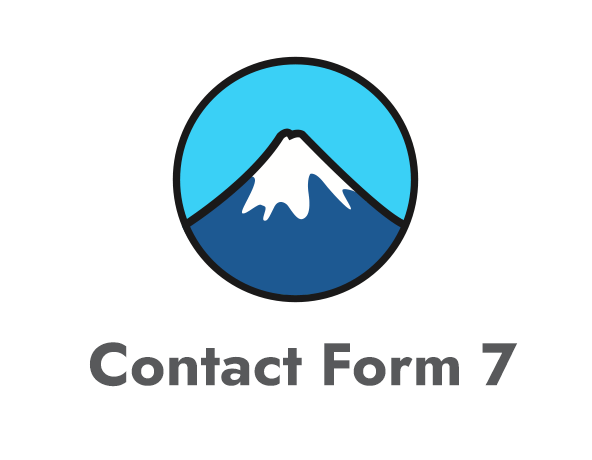Email communication is at the heart of most online interactions, and ensuring the accuracy of the email addresses you collect is vital. WordPress, one of the most popular content management systems, offers a versatile plugin called Contact Form 7 for creating and managing forms on your website. In this comprehensive guide, we'll explore the intricate world of email validation in WordPress Contact Form 7. By the end, you'll be equipped with the knowledge and tools to validate email addresses effectively, enhance user satisfaction, and boost the reliability of your forms.
The Significance of Email Validation
Email validation is more than just a technicality; it's a fundamental aspect of data accuracy and user experience on your website. Here's why it's so crucial:
Data Accuracy: Valid email addresses ensure that the information you collect is correct and usable, reducing errors and improving the quality of your data.
User Experience: Real-time email validation provides users with immediate feedback, preventing submission errors and offering a smoother interaction with your website.
Security: Proper email validation safeguards your website from malicious inputs and potential vulnerabilities, such as SQL injection attacks.
Communication: Accurate email addresses are essential for effective communication, including sending notifications, confirmations, and updates to users.
Default Email Validation in Contact Form 7
Contact Form 7 comes with built-in email validation that checks if an email address has the correct format. However, it doesn't verify the existence of the email or the validity of the domain. While this basic validation is a good starting point, it may not cover all your validation needs.
Implementing Custom Email Validation
If you require more advanced email validation in Contact Form 7, you can implement custom validation rules. Here's a step-by-step guide:
Create a Custom Validation Function: You can create a custom validation function using the wpcf7_validate_ filter hook. This function will handle the validation logic.
Define Validation Logic: Within your custom function, define the validation logic. This can include checking for specific patterns, domains, or conditions that the email address must meet.
Return Error Messages: If the validation fails, return an error message to inform the user of the issue. If it passes, allow the form submission to proceed.
Custom validation allows you to tailor the validation process to your specific requirements, ensuring that you collect accurate data.
Plugins for Email Validation
Writing custom validation code can be complex, but there are plugins available that simplify the process. These plugins offer features such as real-time email verification and integration with email validation services.
One popular plugin is the "Email Validator for Contact Form 7." It extends the capabilities of Contact Form 7, allowing you to validate email addresses in real-time, preventing invalid submissions, and improving user experience.
Frequently Asked Questions (FAQs)
Q1: Can I rely solely on client-side validation for email addresses?
While client-side validation enhances user experience, it should always be complemented by server-side validation for security and data integrity.
Q2: Are there plugins for other types of custom validation in Contact Form 7?
Yes, there are plugins available that can assist with various custom validation requirements beyond email validation.
Q3: How can I ensure email addresses are not only correctly formatted but also exist?
Plugins like "Email Validator for Contact Form 7" often offer real-time email verification services to check the existence of an email address.
Q4: Are there any potential downsides to using custom validation functions?
Custom validation functions require programming knowledge and may need updates if validation requirements change.
Q5: Can I use email validation plugins alongside custom validation functions?
Yes, you can use both approaches simultaneously to ensure comprehensive email validation.
Conclusion
Email validation is a critical aspect of web forms, and WordPress Contact Form 7 provides various options to enhance it. Whether you choose to implement custom validation functions or utilize plugins, your goal is to ensure data accuracy, enhance user satisfaction, and boost the reliability of your website's forms. By mastering email validation in Contact Form 7, you contribute to a seamless user experience and build trust with your audience.



